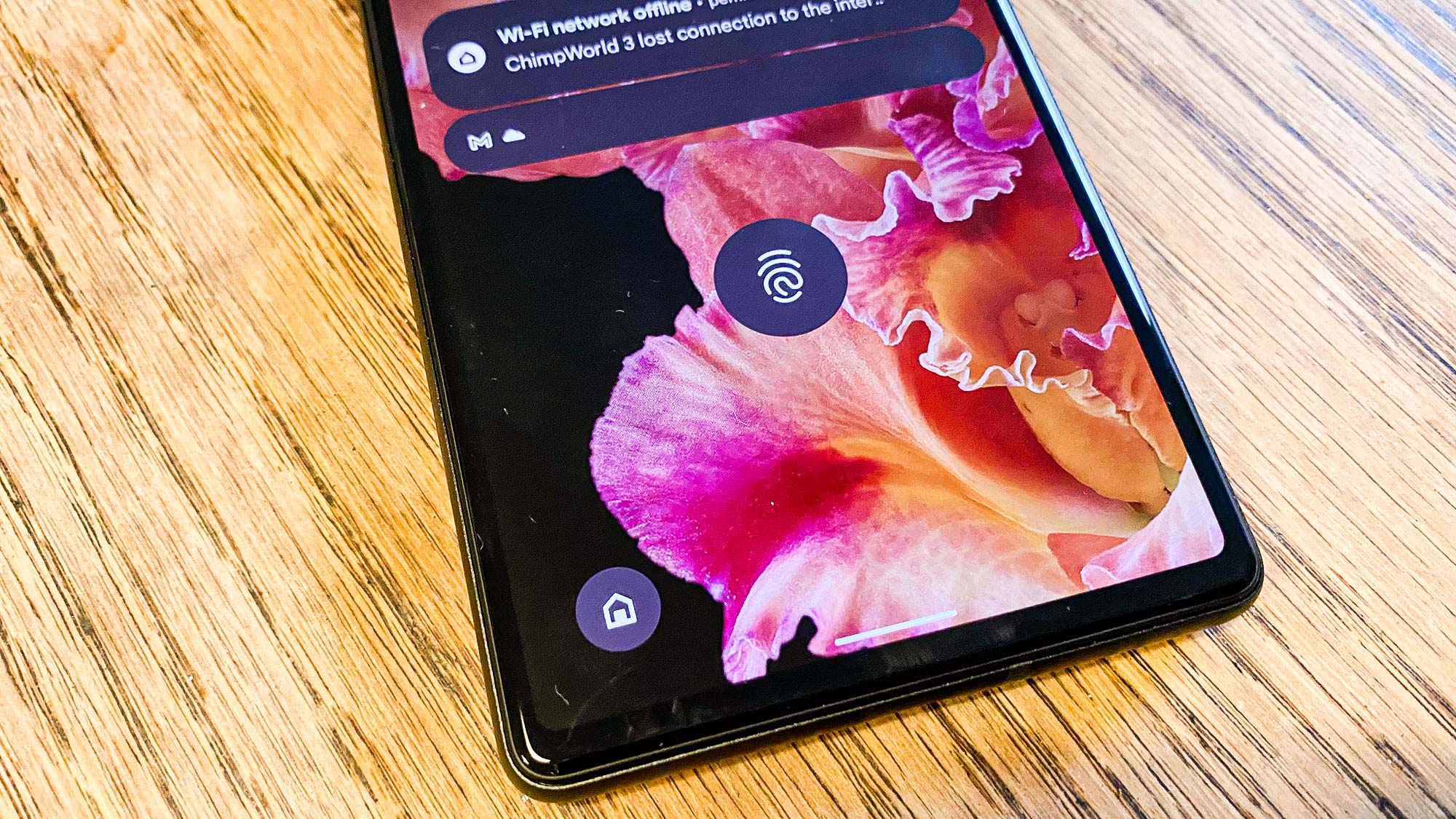Google Pixel 6 has a slow fingerprint reader — and this is the reason
The Google Pixel 6 is slow to read fingerprints, but Google says it's for 'enhanced security'

Update: Google has pushed out a Pixel 6 update that fixes some irritating bugs, and seems to make the fingerprint scanner a little snappier.
You may have heard or noticed that the Google Pixel 6 has a rather slow fingerprint scanner. Google has seemingly heard these complaints, and it's now offered an explanation.
Replying to a user complaining about this sluggish scanning speed, the Made By Google Twitter account says the reason it takes longer than average is that the sensor "utilizes enhanced security algorithms."
- Google Pixel 6 review: our verdict on Google's latest phone
- Take a look at the best Android phones you can buy today
- Plus: Google Pixel 6 Pro teardown reveals a surprisingly repairable phone
This sounds like a fair exchange — speed for security — but Google doesn't actually detail in this tweet what exactly the sensor is doing above and beyond a typical under-display scanner. It doesn't specify anything beyond "Fingerprint Unlock with under-display fingerprint sensor" on the specs page on the Google Store either.
Optical under-display fingerprint scanners are a standard feature for Android flagship phones, excluding the Samsung's Samsung Galaxy S21 that uses an ultrasonic scanner. Having tested many such phones, we at Tom's Guide agree that the Pixel 6 is oddly slow compared to other optical under-display fingerprint scanners, such as those found on the OnePlus 9 Pro, or exterior-mounted scanners like on Google's very own Pixel 5a.
If you're struggling with your own Pixel 6's fingerprint scanner, there is one option that could help you. Enabling the "Increase touch sensitivity" setting has been reported to make the system faster to register your fingerprint, and therefore get you into the phone faster. However, after trying this ourselves we didn't really notice a difference.
Equally, the scanner may not be that secure after all. A Reddit user (via Android Police) has complained that his wife has been able to unlock his phone (registered to his thumbprint) using her index finger. He does mention that he's using a third-party screen protector, however. Perhaps this is an issue with how the phone interacts with an unknown extra layer between the sensor and your finger, rather than the phone having an issue itself.
Get instant access to breaking news, the hottest reviews, great deals and helpful tips.
Even with their finicky fingerprint scanners, the Pixel 6 and Pixel 6 Pro have still become two of the best Android phones we've tested this year. The Samsung Galaxy S22 will have some stiff competition when it arrives next year thanks to Google's blend of a cheap price, excellent photography and Tensor chipset-powered smarts.

Richard is based in London, covering news, reviews and how-tos for phones, tablets, gaming, and whatever else people need advice on. Following on from his MA in Magazine Journalism at the University of Sheffield, he's also written for WIRED U.K., The Register and Creative Bloq. When not at work, he's likely thinking about how to brew the perfect cup of specialty coffee.
 Club Benefits
Club Benefits





